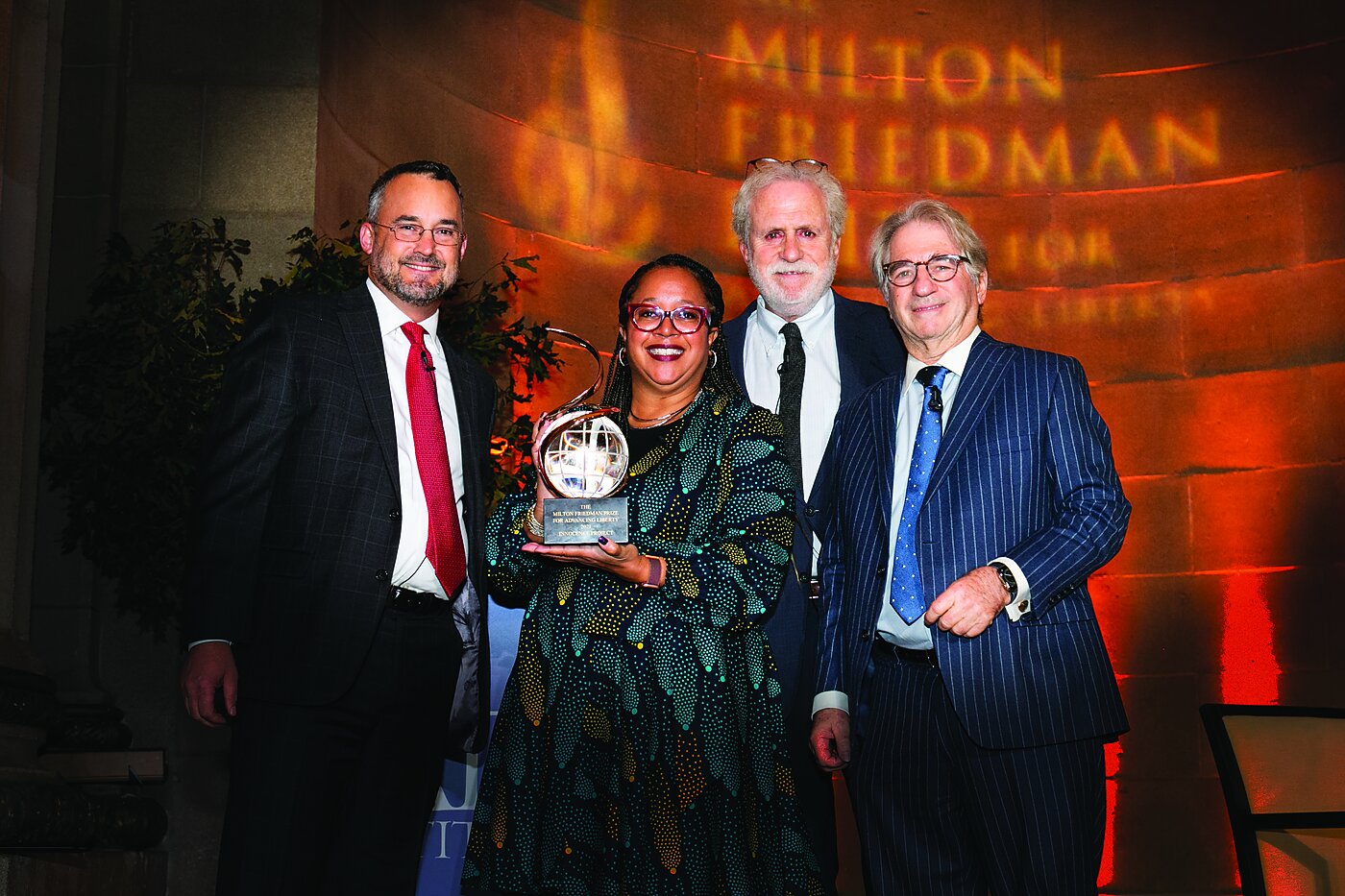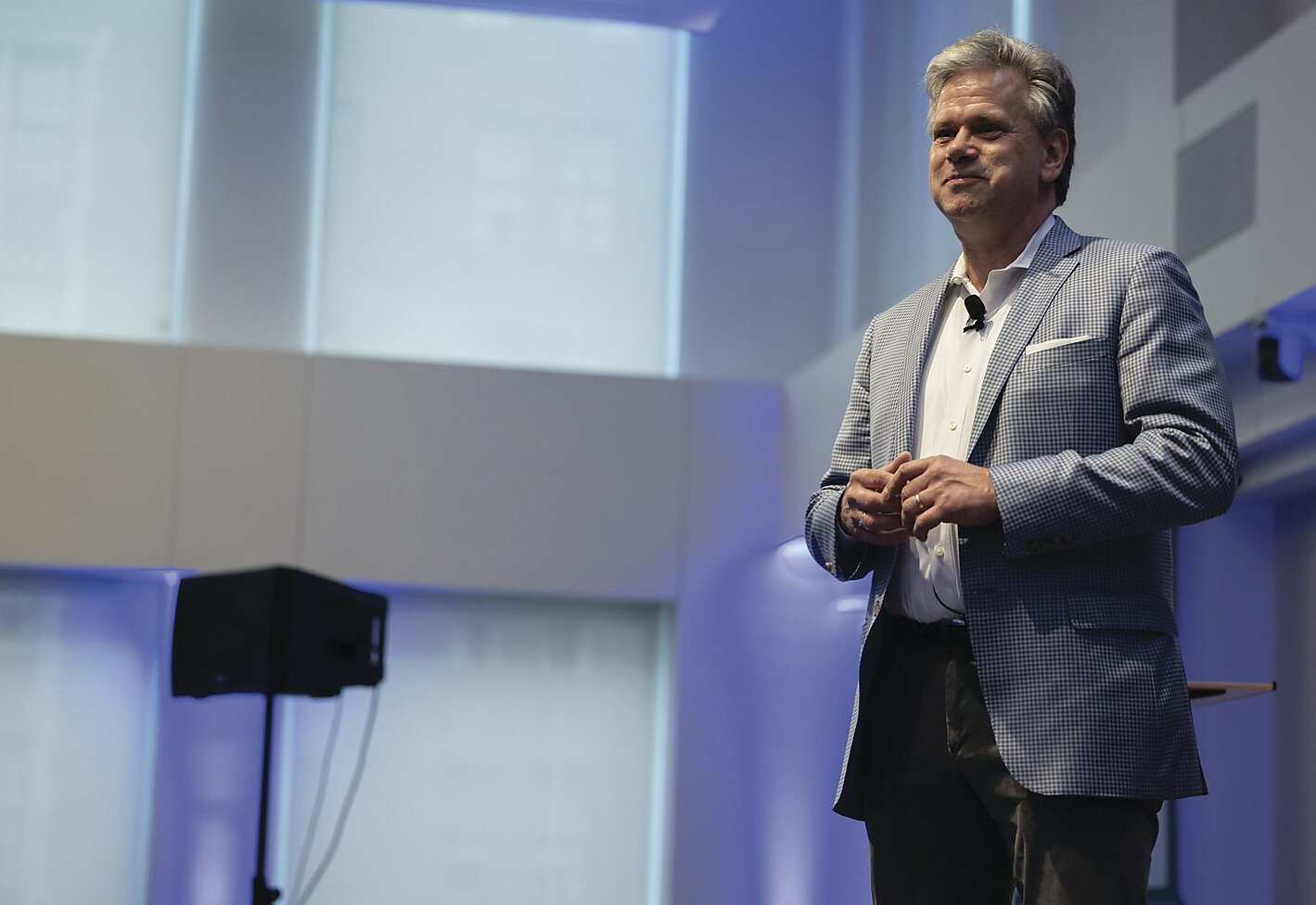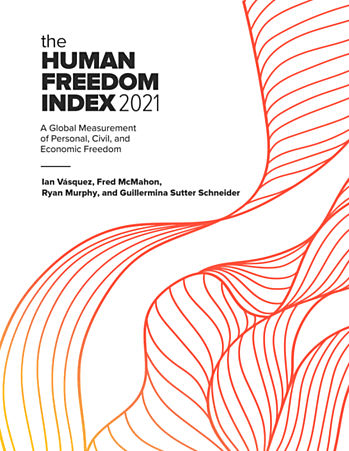We often say that one only needs eyes to see the blessings of liberty. For it seems so obvious that freedom under limited government is the powerful gateway to living prosperous, long, healthy, contented, and meaningful lives in peace, with a minimum of social and civil strife. But has anyone ever captured this essence better than our eloquent friend Dan Hannan in the quote featured on this page?
In the past year, it has been equally plain to see the high cost of government interventions, however well intended they may be. Repeated regulatory debacles preventing widespread access to cheap and effective COVID-19 tests. Heated and sometimes violent confrontation between rival tribes vying to control the awesome power of the state. Our reckless monetary and fiscal policies generating inflation. The list could go on and on.
Yet despite such unacceptable outcomes, Americans across the political spectrum seem to be increasingly opting for more government intervention in their lives and more exercise of state power. And politicians are happy to deliver. Despite the miracles of liberty, the world seems ready to abandon it.
Not so fast. This isn’t the vision we have for our children and grandchildren. The distinction highlighted above, between a world in which civil society flourishes and one in which it yields to state power, shows us how critically important it is to defend and advance liberty.
The stakes are high, the mission is urgent, and together we will answer this call.
Over the past few years, Cato has pursued a strategic vision that builds upon the Institute’s unrivaled reputation for principled advocacy, independence, and integrity—as well as its outstanding capabilities to deliver ideas, influence, and impact.
As challenges to liberty rise, we’re accelerating our efforts to preserve a free and open society—the birthright of future American generations.
Within this report you’ll see how Cato’s dedicated scholars are executing the elements of this vision. We will employ more resources and a louder voice to defend free markets and free enterprise, at a time when the ranks of their defenders are thinning. Our external engagement will be more intensive and effective, giving policymakers the tools to put liberty-based solutions into practice. We will utilize the full range of content media and technological advancements to bring liberty to life for our new and expanding audiences. Our scholars will generate more and better ideas and policy solutions, applying innovative methods to put liberty into action and government in its place. And we will create new programs and vehicles to reach young generations who will map freedom’s trajectory in America when we pass the torch of liberty to them.
You have responded, with a sense of urgency, both to liberty’s challenges and to its promise. Cato’s partners—the generous individuals whose voluntary contributions make our work and mission possible—continue to increase their commitment, giving us the means to raise the Institute’s voice, expand its capabilities, and accelerate its vision and plans.
We have a responsibility—really, an obligation—to pass on to our grandchildren a country and world that are as free, or freer, than the country and world that were given to us. We can’t thank you enough for accepting that obligation with seriousness, passion, and generosity.




















































